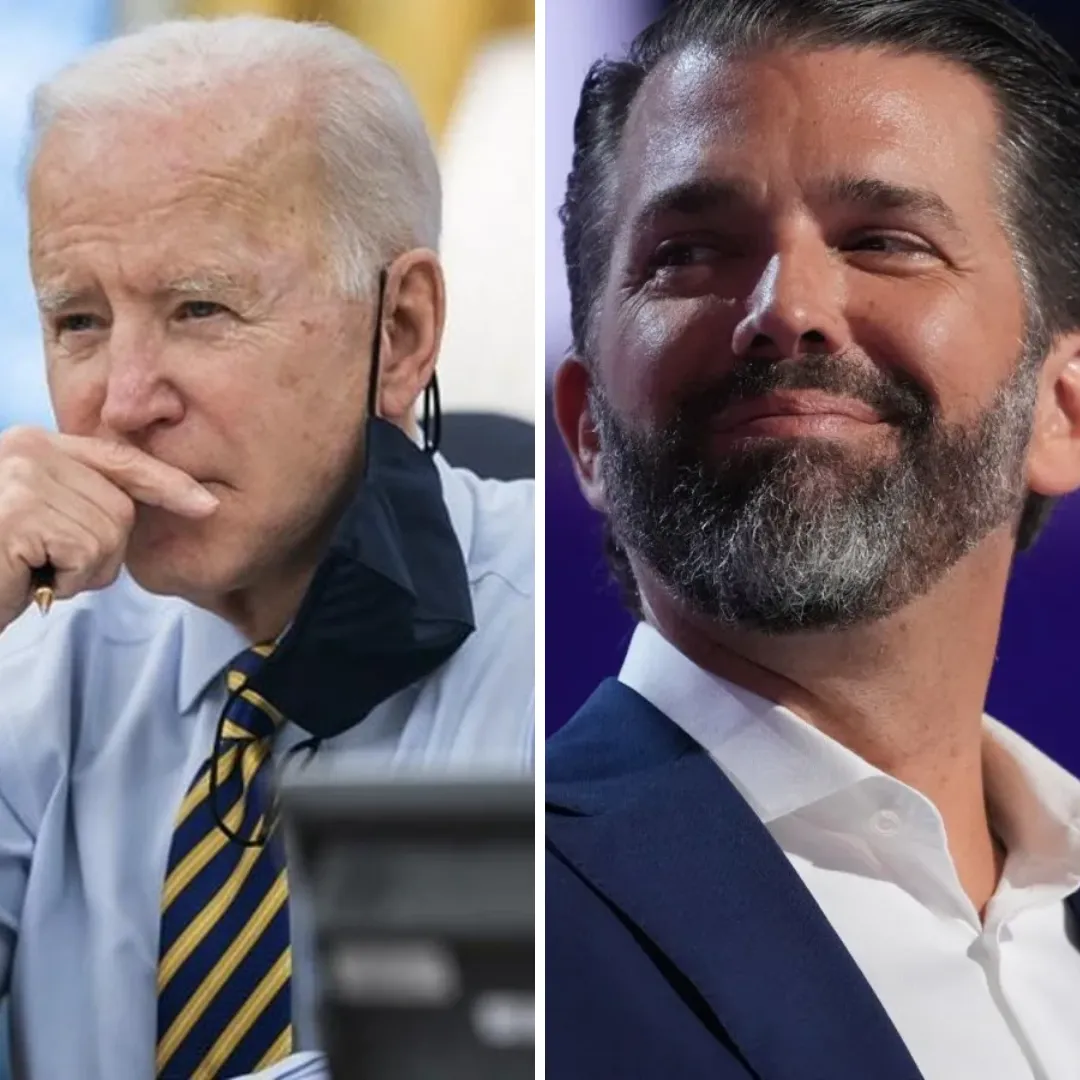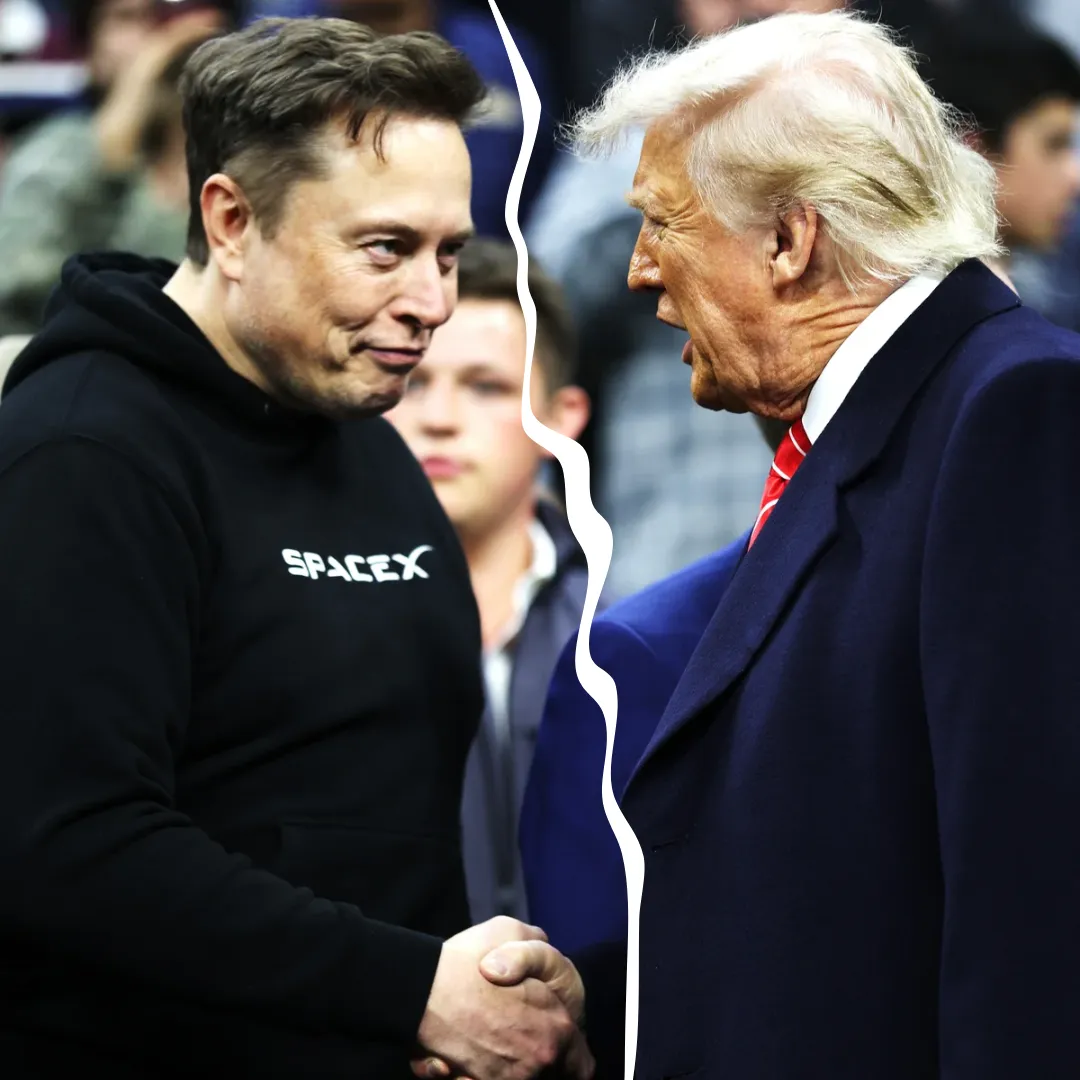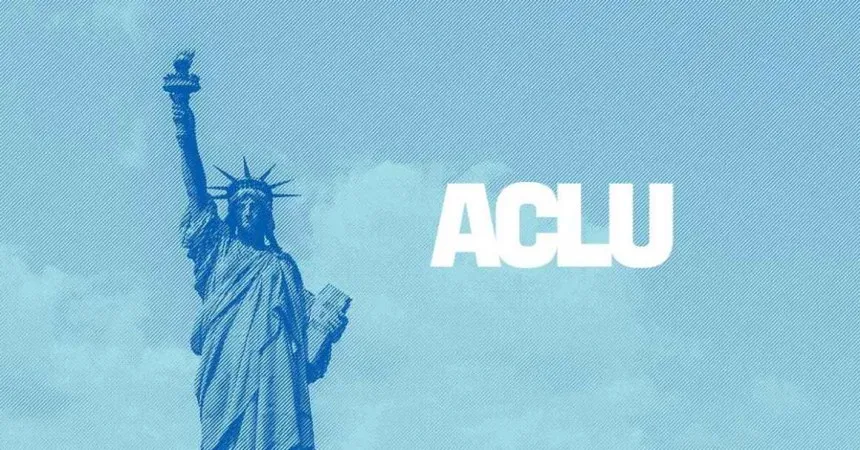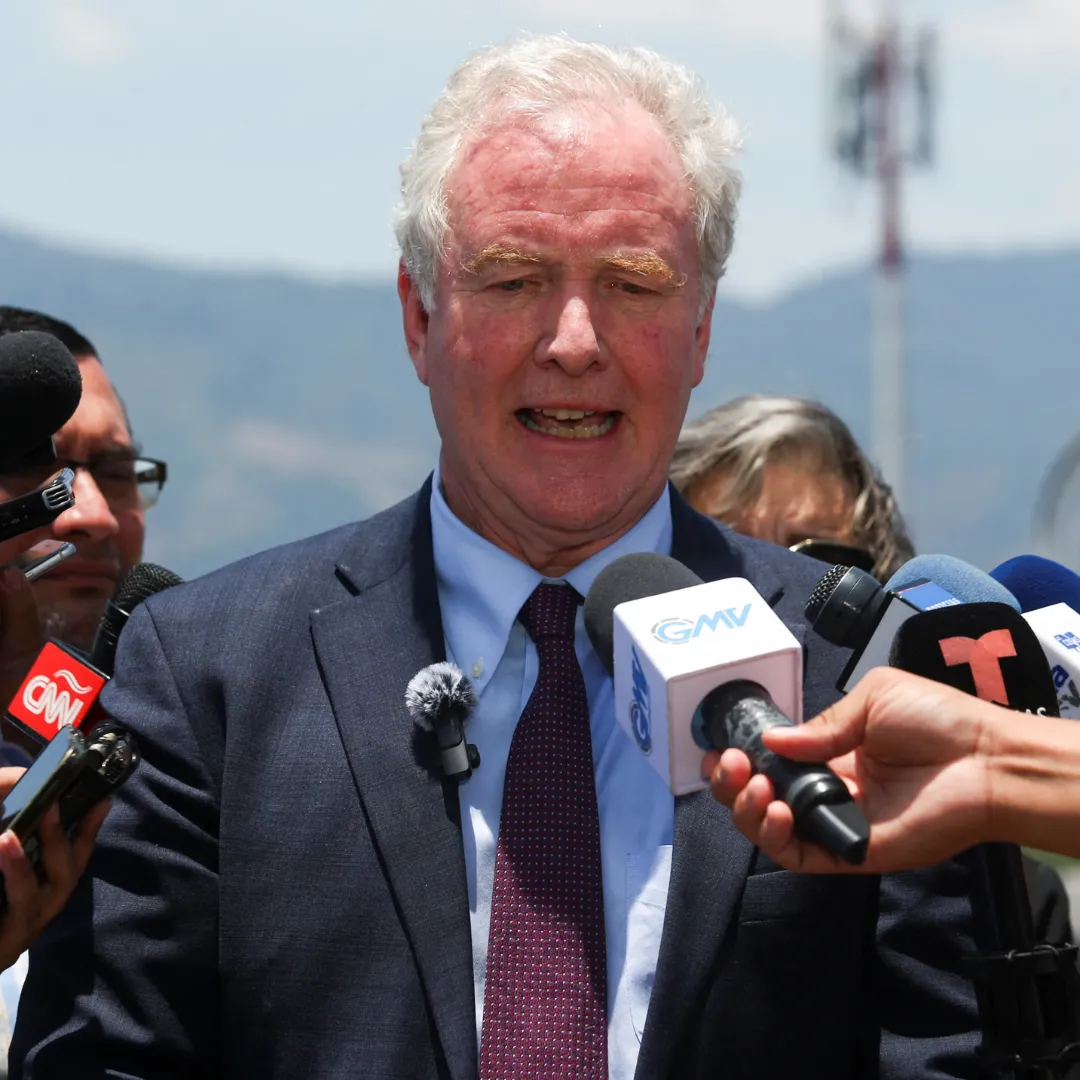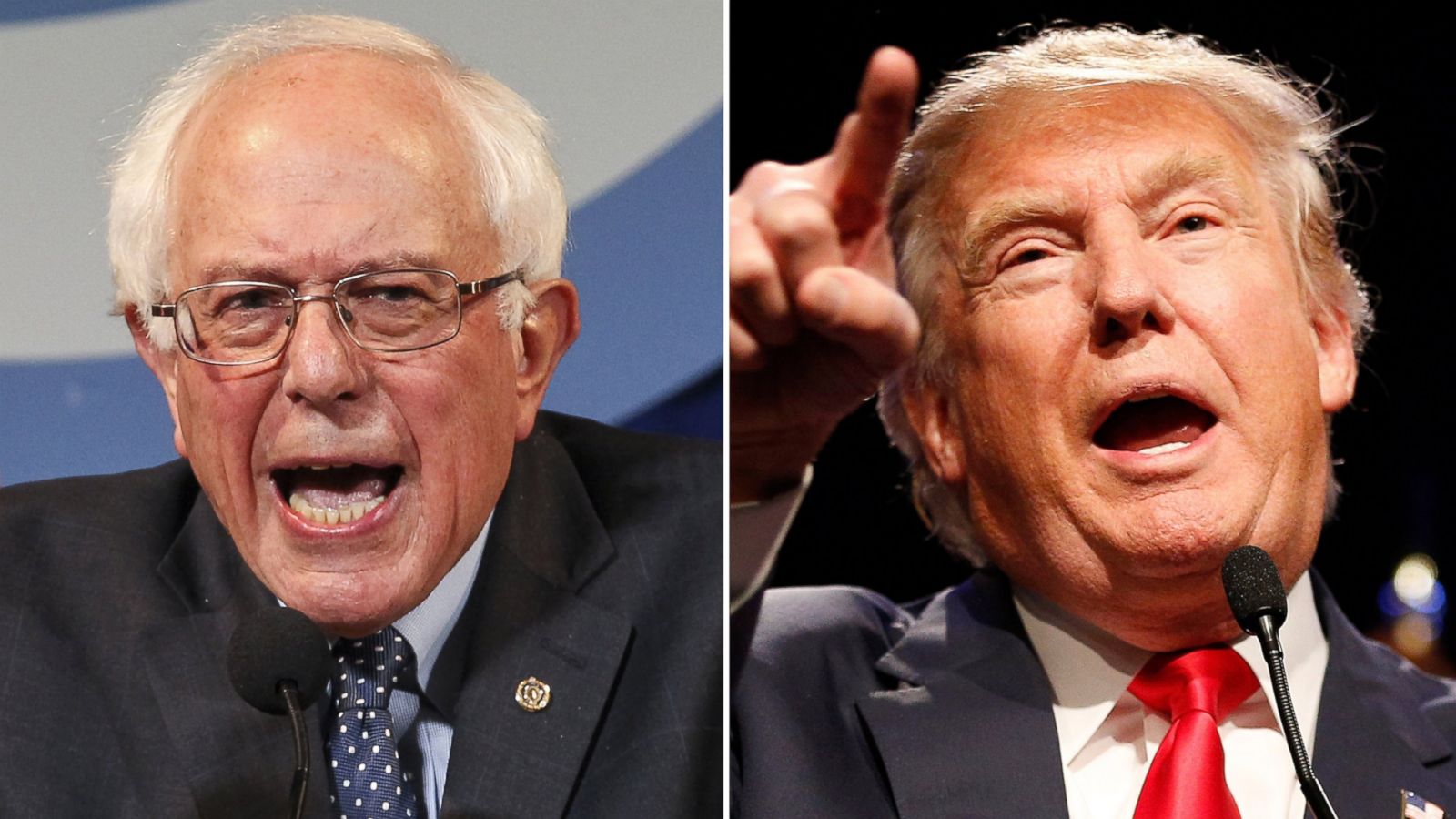
Senator Bernie Sanders and key congressional Democrats slammed President Donald Trump on Monday for signing an executive order aimed at reducing prescription drug prices, accusing him of performing political theater instead of backing real legislation that could bring down costs for American patients.
The order, which Trump claimed would push pharmaceutical companies to align U.S. drug prices with those in other developed nations, was met with immediate skepticism by lawmakers who said it lacked the legal teeth to survive challenges from the pharmaceutical industry and failed to address the systemic issues driving high costs.
Sanders, who has championed the fight against drug price gouging for decades, made clear that while the executive order may sound promising, it is highly unlikely to make it past the courts — a fate similar to a previous version of the plan that was blocked during Trump’s first term.
He emphasized that if Trump were serious about ending America’s status as the country with the highest prescription drug costs, he would support the introduction of binding legislation instead of signing symbolic documents. “It is an outrage that the American people pay, by far, the highest prices in the world for prescription drugs,” Sanders said. “As Trump well knows, his executive order will be thrown out by the courts.
If Trump is serious about making real change rather than just issuing a press release, he will support legislation I will soon be introducing to make sure we pay no more for prescription drugs than people in other major countries. If Republicans and Democrats come together on this legislation, we can get it passed in a few weeks.”
That legislation would build on earlier efforts by Sanders and Representative Ro Khanna to strip drug companies of monopoly pricing power if they charge more in the United States than in comparable high-income countries.
Khanna echoed Sanders’s call, noting that while he supports the concept of price parity, executive action alone will not hold up under industry pressure and legal scrutiny. “Instead of an EO that will get challenged again by Big Pharma, why not work with Bernie Sanders and me to make this law,” Khanna wrote.
The underlying data reinforces the urgency. A 2024 RAND Corporation analysis found that U.S. prescription drug prices are nearly three times higher than those in countries like Canada, Germany, and France. That discrepancy has made the U.S. pharmaceutical system one of the most expensive and inaccessible in the world, with millions of Americans struggling to afford basic medications.
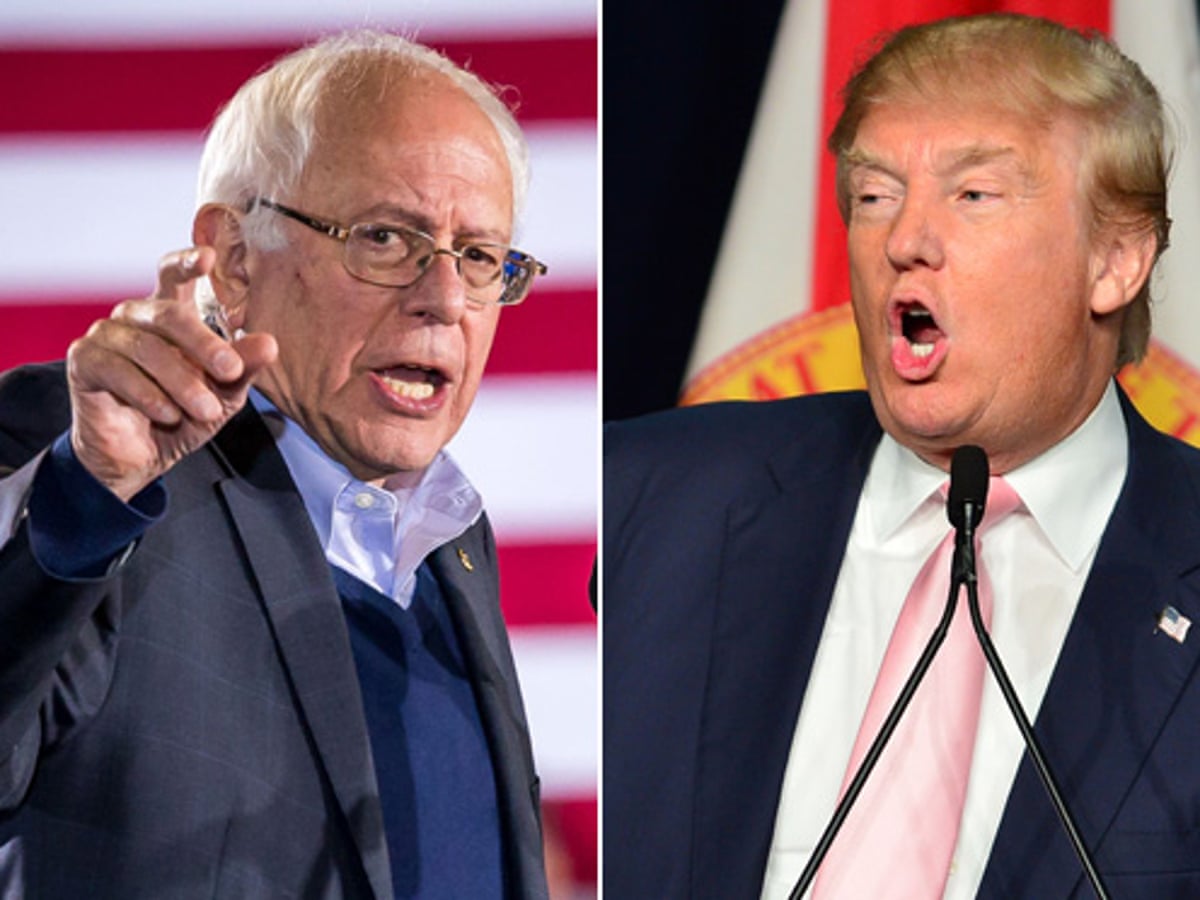
Trump’s order, while ostensibly aimed at correcting this injustice, lacks the mechanisms to enforce any real change and appears more designed for headlines than results. Senator Ron Wyden was blunt in his assessment of the executive order’s purpose and impact, saying, “Donald Trump is all hat and no cattle when it comes to lowering the price of prescription drugs.”
Wyden accused Trump of talking tough on Big Pharma during his first term but repeatedly backing down when it mattered. “Trump spent his entire first term blathering about Big Pharma, but in the end he always backed down instead of fighting for American seniors and families.”
The pharmaceutical industry, as expected, came out swinging against the executive order, revealing just how shallow Trump’s gesture really was. Pharmaceutical Research and Manufacturers of America CEO Stephen Ubl dismissed the proposal as a misguided attempt to import what he called “foreign prices from socialist countries,” repeating the tired industry talking point that lowering drug prices will stifle innovation.
In reality, the industry has long used fearmongering to block any effort to rein in its unchecked pricing power, even as its profit margins soar. Trump’s unwillingness to challenge that narrative or endorse legislation that would survive legal challenges suggests he is more interested in appeasing voters than in delivering tangible relief.
The executive order also comes just weeks after Trump signed a separate order aimed at delaying Medicare’s ability to negotiate prices for a broader category of drugs — a provision that was introduced under the Inflation Reduction Act passed by Democrats during the Biden administration and designed to tackle drug prices directly.
That law, which has already begun capping out-of-pocket costs for seniors and authorizing Medicare to negotiate prices for life-saving medications, represents the kind of real action that Trump failed to take throughout his presidency.
Instead, he now seeks credit for an executive order that, by most expert accounts, is destined for legal failure. Trump’s critics say this is consistent with his broader pattern on drug pricing — make noise, sign papers, attack Democrats, but never deliver results.
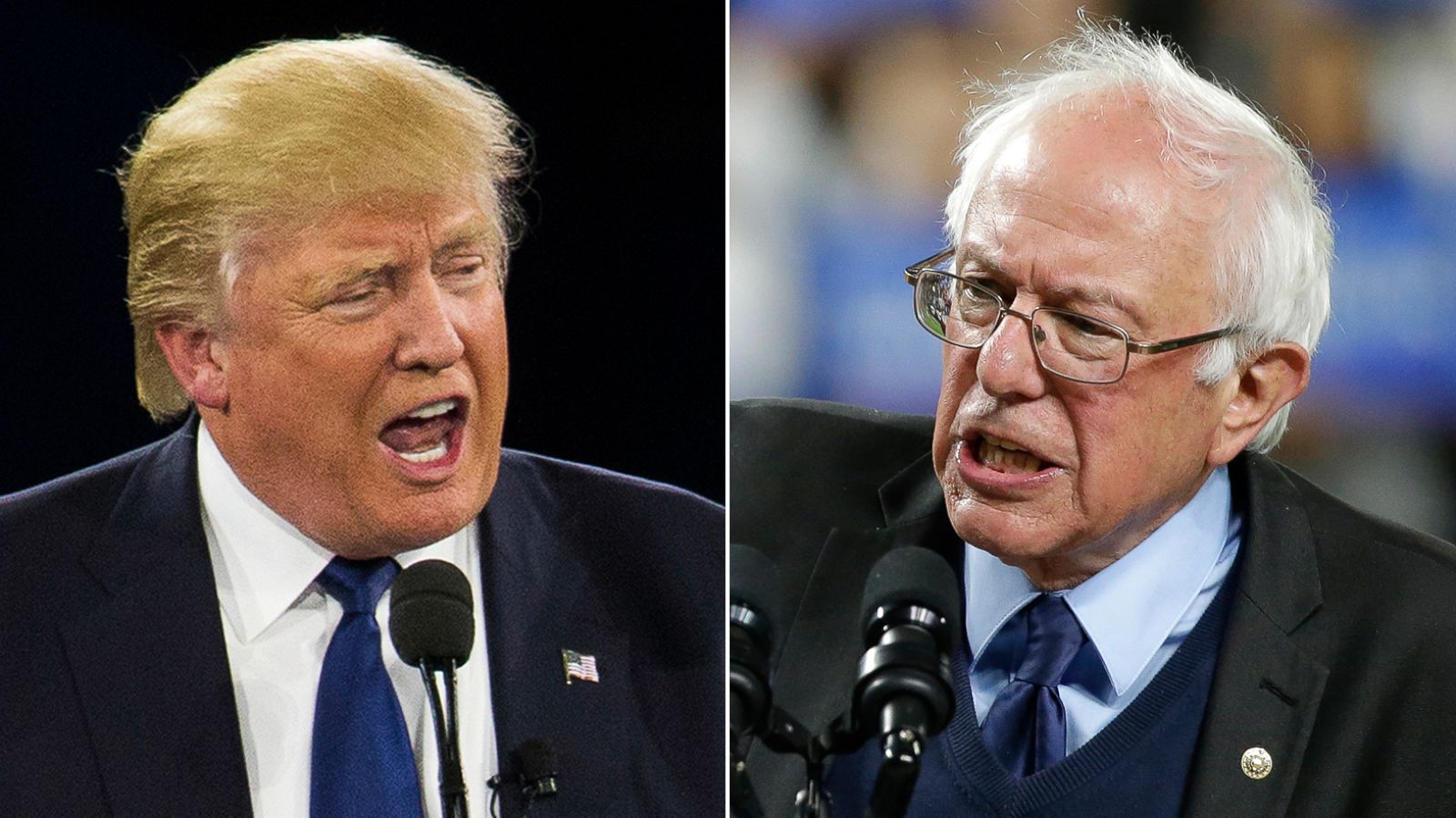
In contrast, Democrats have already enacted sweeping reforms and signaled a clear path forward for more. Sanders and Khanna’s proposed legislation would institutionalize international price benchmarking and ensure generics can compete when drugmakers abuse their pricing power.
These reforms have popular support across party lines and could be passed quickly with bipartisan cooperation, but Trump’s lack of engagement with Congress signals he has no real interest in doing the work required.
The timing of the executive order, signed just months into Trump’s return to office, suggests a political motive more than a policy breakthrough. After years of promising to take on Big Pharma and failing to do so in his first term, Trump now faces pressure to demonstrate progress on one of the most critical issues facing American families.
But his actions, critics argue, fall far short of his rhetoric. With the courts likely to strike down the order as they did previously, Trump’s latest move will do nothing to change the fact that Americans still pay more for insulin, cancer drugs, and basic medication than patients in any other wealthy country. The gap between Trump’s promises and his record is now too wide to ignore.
For Democrats, the message is clear — real change comes through law, not spectacle. If Trump truly wants to lower drug prices, he has a simple path forward: support the legislation, challenge the industry, and help get a bipartisan bill to the president’s desk. But if history is any guide, Trump will continue to choose headlines over hard work, and the pharmaceutical industry will continue to dominate the system. Until that changes, patients will keep paying the price.
